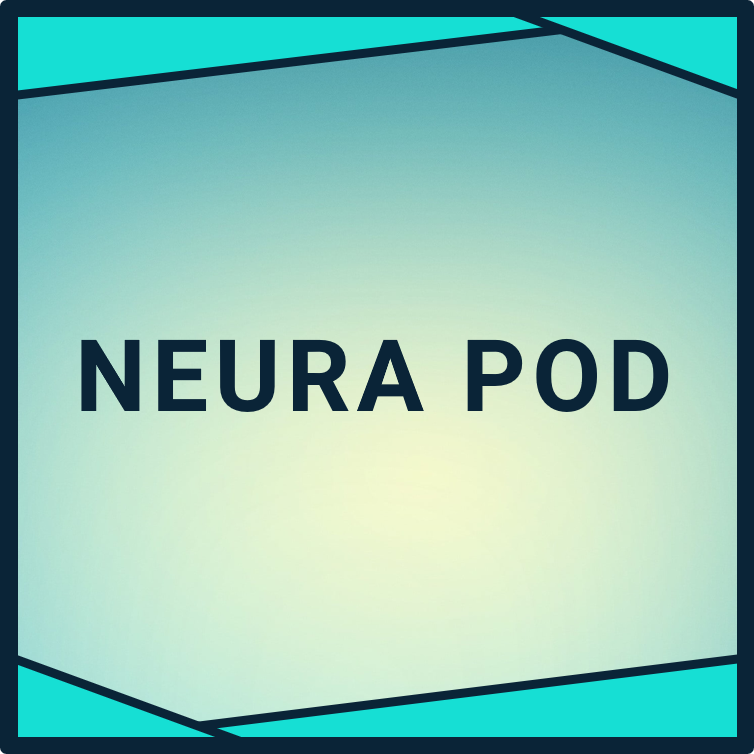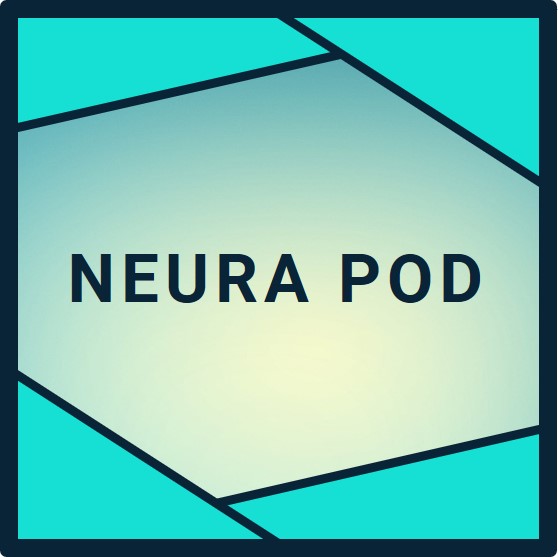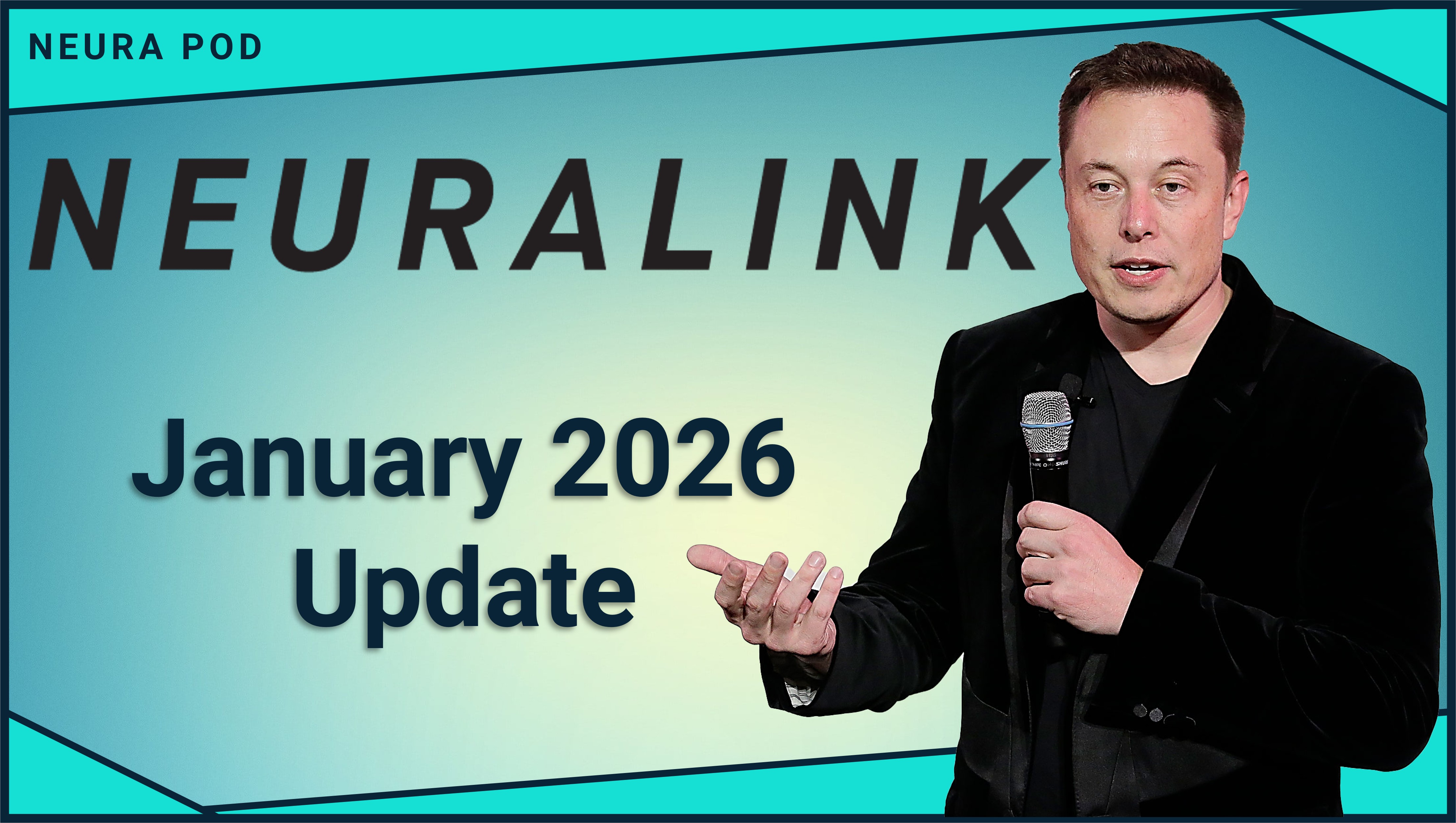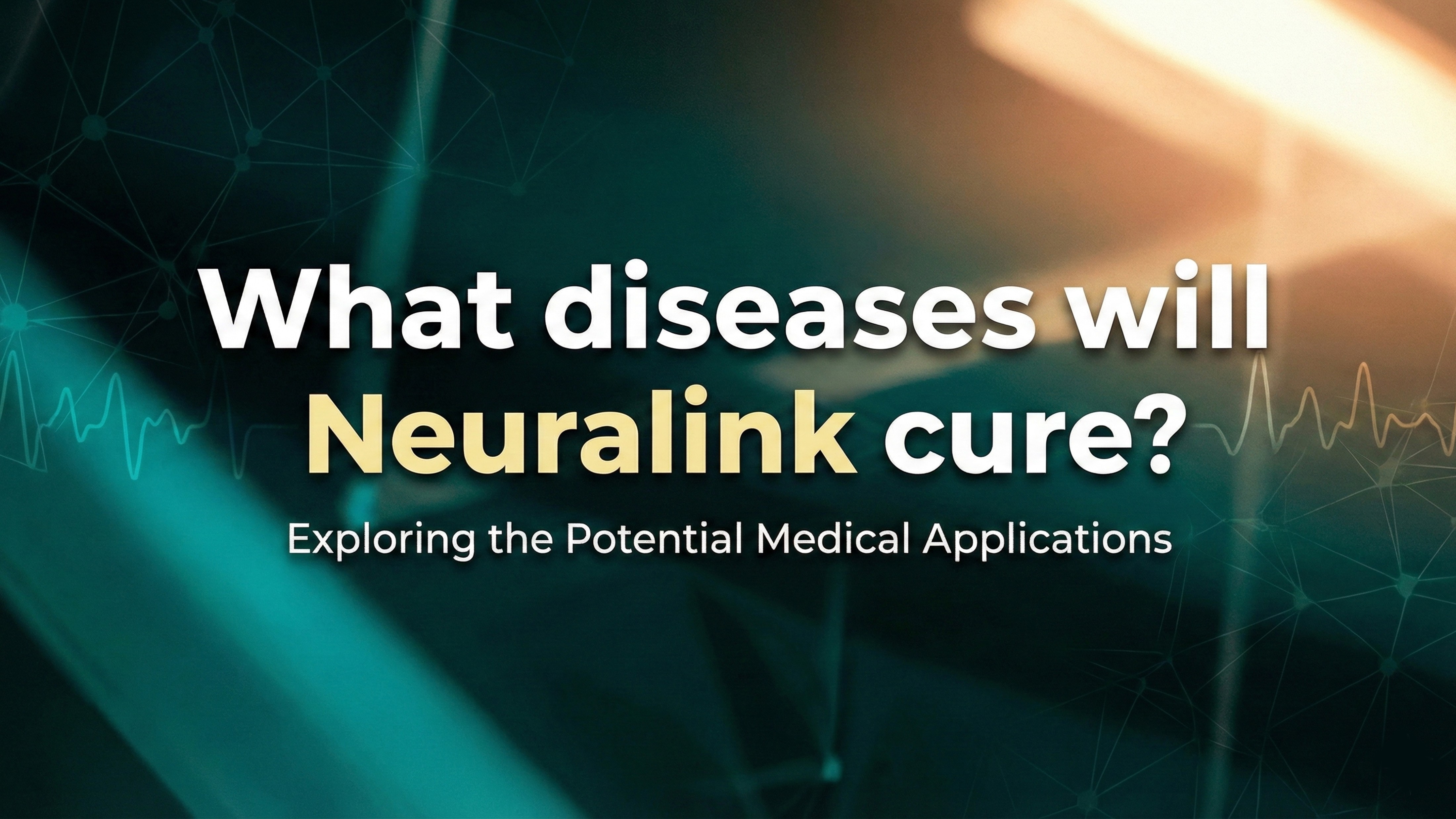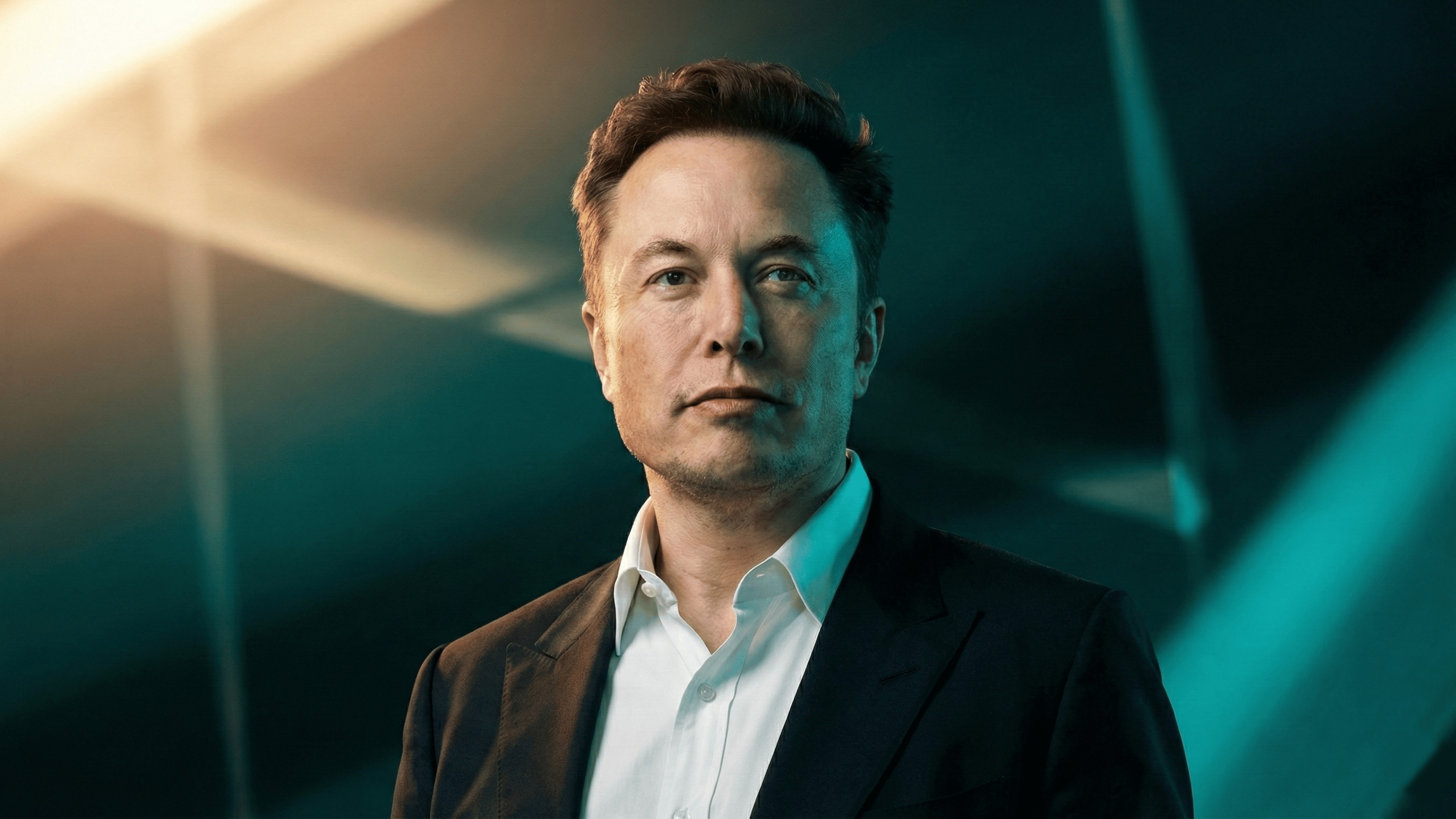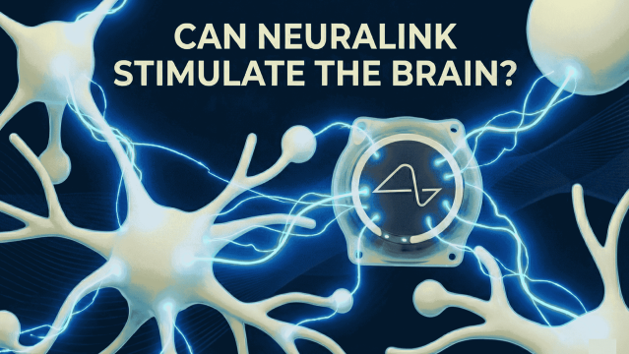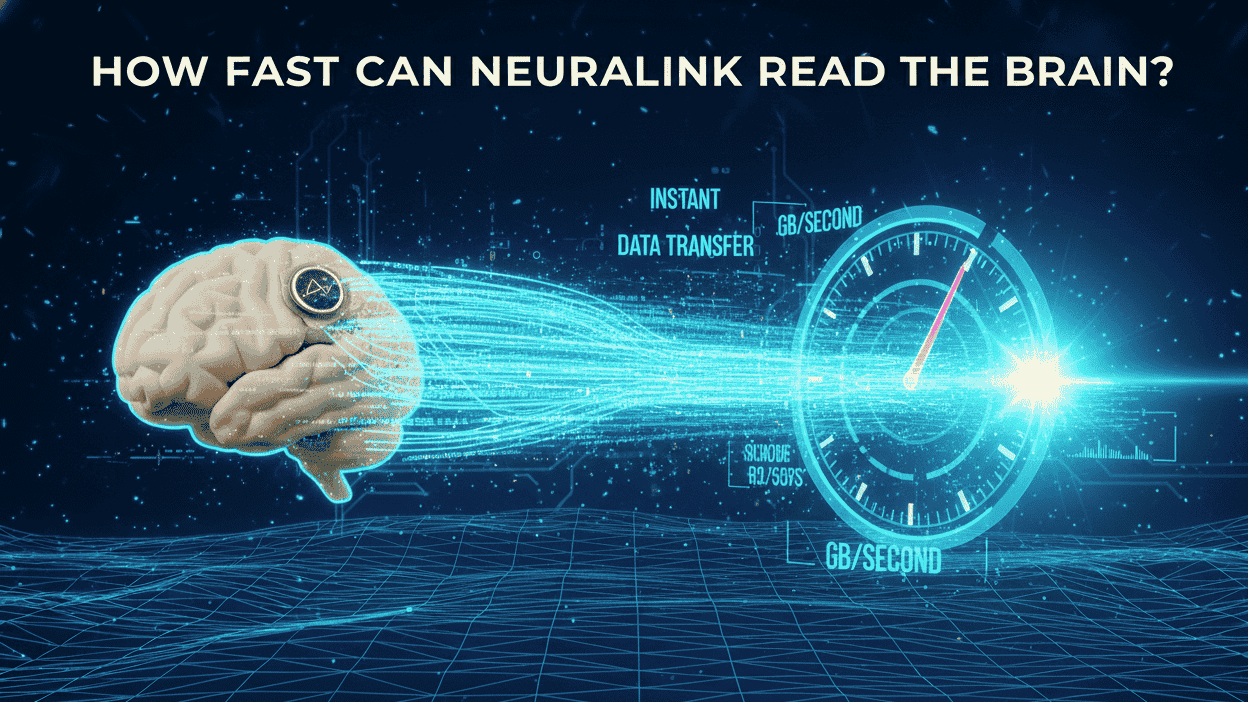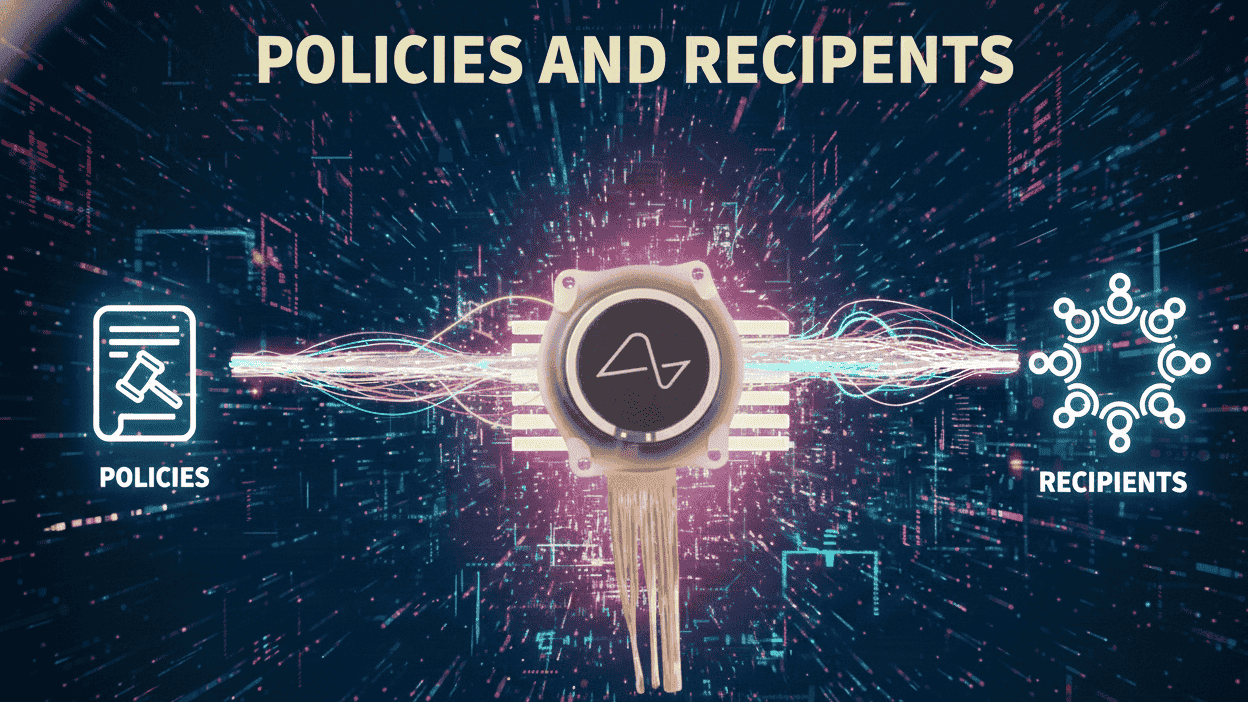- Neuralink resolved early animal welfare concerns by shifting to in-house facilities with Good Laboratory Practice standards that exceed federal requirements and minimize animal use.
- Initial FDA rejections over implant safety were addressed through design refinements, resulting in full human trial approval in 2023 and multiple Breakthrough Device Designations by 2025.
- Transparency and privacy criticisms have been countered with on-device data processing and detailed public progress reports from over a dozen successful human implants.
Neuralink's path to transforming brain-computer interfaces has included navigating public scrutiny, much like other pioneering medical technologies. Under Elon Musk's direction, the company has systematically addressed each concern, turning potential setbacks into opportunities for enhanced standards and transparency. As of October 2025, with global human trials underway and FDA endorsements in hand, Neuralink demonstrates how rigorous responses to criticism drive meaningful progress.
Animal Welfare Controversies: From Third-Party Challenges to In-House Excellence
Development of Neuralink's N1 implant began with animal testing at external facilities like UC Davis, where reports from 2022-2024 highlighted higher-than-average euthanasia rates due to surgical complications. These incidents, involving monkeys and pigs, prompted federal inquiries by the USDA and SEC, with critics alleging rushed procedures.
Neuralink acted swiftly under Elon Musk's leadership by internalizing all research in 2024. New facilities feature dedicated veterinary teams, enriched environments, and continuous monitoring via advanced imaging. Procedures now strictly follow the 3Rs—replacement, reduction, refinement—while adhering to Good Laboratory Practice (GLP) standards defined by FDA regulations. Biocompatibility data shows 98% neuron preservation after six months, surpassing competitors' rigid electrodes.
A December 2024 FDA citation for one lab was resolved promptly, with no repeat issues reported in 2025 audits. Neuralink's May 2025 video update from technical staff details thread safety, reinforcing these advancements. This evolution sets a benchmark for neurotech, prioritizing welfare while accelerating safe human applications.
FDA Scrutiny and Early Regulatory Hurdles: Iterative Wins
In 2022-2023, the FDA rejected Neuralink's human trial application, citing risks like thread migration, battery overheating, and lithium exposure. Concerns stemmed from preclinical data gaps and material durability.
Elon Musk's team iterated rapidly: Threads were refined to retract with brain movement, batteries sealed hermetically, and robotics perfected for vessel-avoiding surgery. Approval came in May 2023, followed by PRIME Study clearance.
By 2025, Neuralink holds Breakthrough Device Designations for mobility, speech decoding, and Blindsight vision restoration—fast-tracking reviews while upholding safety. Nine US implants and expansions to Canada, UK, UAE show zero major adverse events at six months, with peer-reviewed data in the New England Journal of Medicine. Early thread retraction in patient one was fixed via software, boosting channels from 15% to full capacity.
Employee Concerns and Internal Dynamics: Building a Resilient Team
Whistleblower accounts from 2022-2024 described pressure for speed in animal studies, leading to a 2024 lawsuit over workplace safety involving a pregnant employee near infected monkeys. Broader 2025 reports noted exits across Elon Musk's companies amid high demands.
Neuralink responded by enhancing protocols: Mandatory PPE, segregated zones, and ethics training. The lawsuit settled with policy upgrades. Turnover reflects a pivot to human trials, attracting specialists in neurology and robotics—evidenced by $650M Series E funding.
FDA staff changes in February 2025, including a Neuralink reviewer, occurred amid government efficiency efforts but did not halt approvals. Patient registries now exceed thousands, signaling strong internal momentum.
Privacy, Ethics, and Hype Perceptions: Grounded in User Control
Critics raised mental privacy fears and overpromising, with 2024-2025 articles questioning data security and broad applications. Elon Musk's vision for cognitive enhancement sparked debates on equity.
Neuralink's design processes neural data on-implant, transmitting nothing without consent via encrypted Bluetooth. Users own their data, with apps for granular control. Medical focus—quadriplegia, ALS, blindness—delivers immediate value, with insurance pathways planned post-approval.
Hype aligns with results: Patients like Noland Arbaugh game and study independently after a year. Neuroethics collaborations ensure equitable access.
TL;DR
Neuralink's controversies—animal testing, FDA hurdles, internal pressures—have been met with decisive action under Elon Musk's guidance, yielding in-house welfare excellence, regulatory triumphs, and 15+ flawless implants by October 2025. Privacy stays secure on-device, while patient wins silence skeptics. This resilient approach cements Neuralink as neurotech's ethical leader, poised for global impact in restoring independence.
